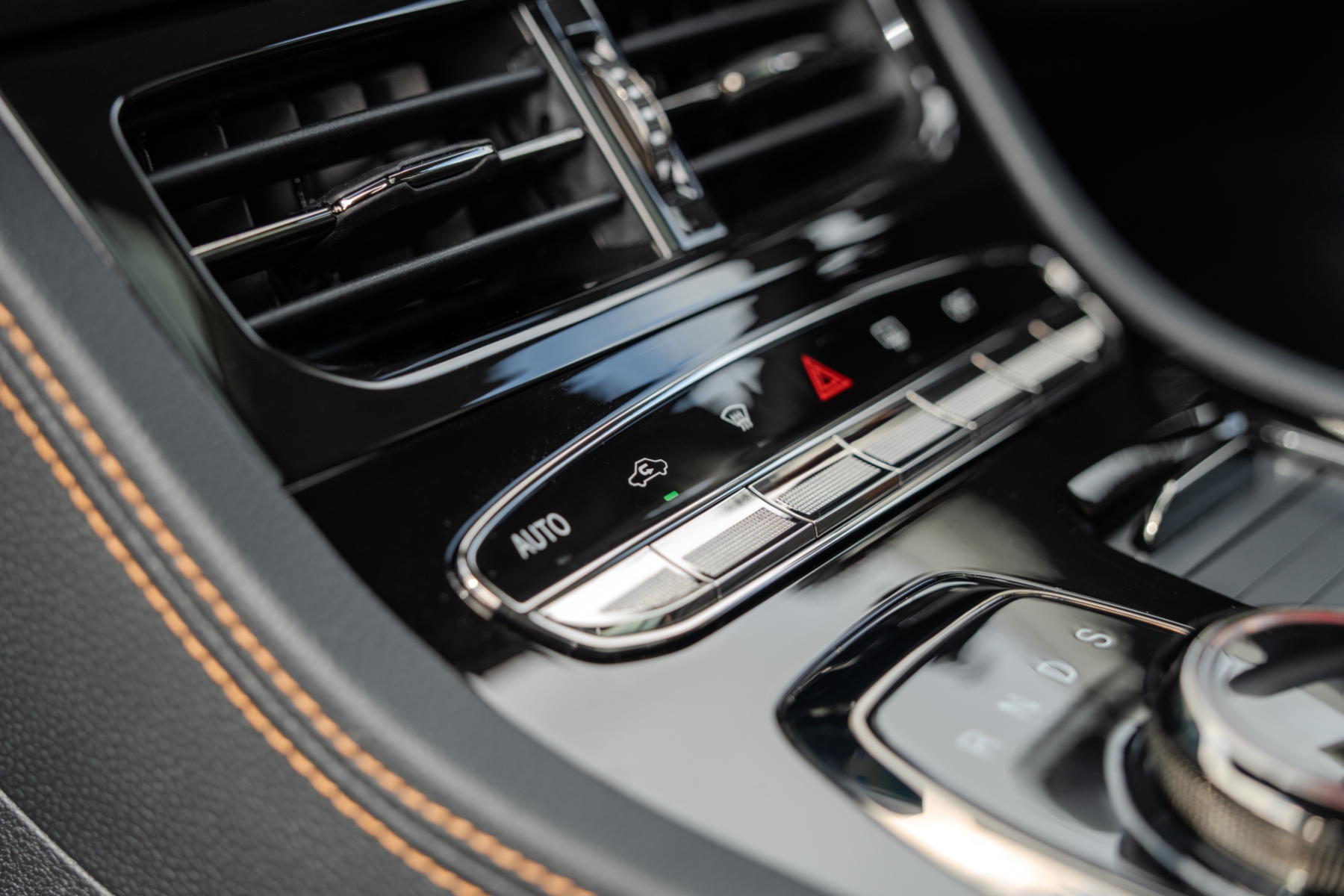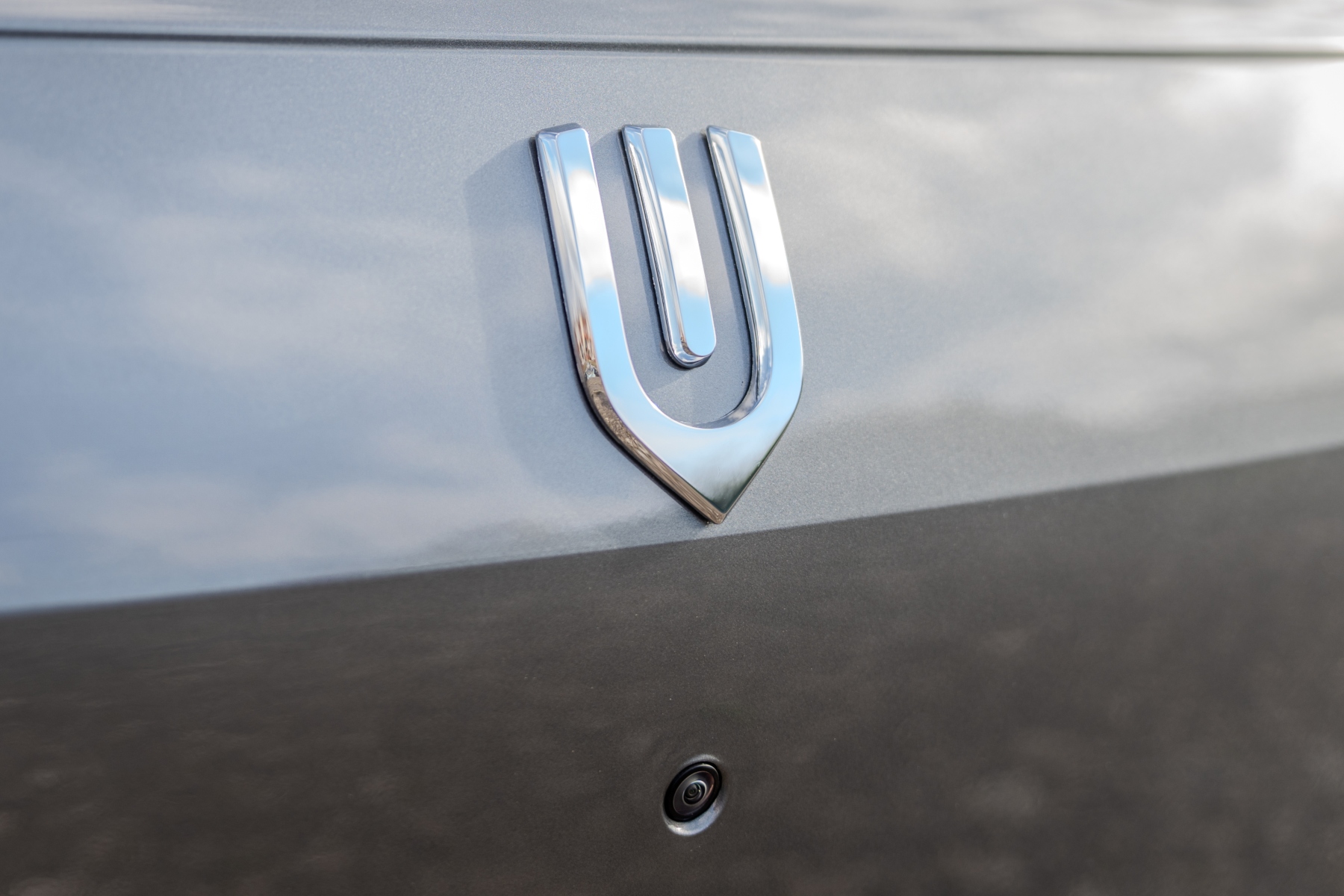[ad_1]

We test the street Den Skywell BE11 – The debut car of a Chinese brandy in Great Britain …
Skywell was founded in 2017 as a collaboration between Skyworth, one of the world’s largest manufacturers of consumer electronics, and the Nanjing Golden Dragon Bus Company, which also produces trucks and vans.
The new brand produced its first passenger vehicle in 2017, and the BE1 is the first car to be exported to Europe and will follow others.

Like other Chinese car manufacturers, which were recently founded in Great Britain, including BYD, Omoda, GWM ORA and Xpeng, Skywell had to start from the front at dealers and after-sales.
So far there is only a handful of dealers, but it will be hoped that it will be 50 by the end of 2025, while a large parts hub has been set up in Doncaster and a maintenance contract with Halfords Autocentres has been set up.
The whole electric Skywell BE11, which was introduced in China in 2021 (where it is known as Skywell ET5) (where it is known as Skywell ET5) is one of the largest SUVs in its class. At 4,720 mm it is longer than a Hyundai Ioniq 5 and a bit shorter than a Tesla model Y.

In fact, it is aimed at people like the Nissan Ariya, Skoda Enyaq, Subaru Loperra and Ford Mustang Mach-E.
In terms of appearance, it is stylish with a generic high-riding SUV profile (MG HS/Volkswagen Tiguan Vibes), an unofficial front end without a radiator grille and a boring rear with a few vertical indicators.
Inside, the cabin has a modern design and almost succeeds in its upscale letter. The dashboard is dominated by a 12.8-inch touchscreen, and luckily there is also a digital display of a driver, so that not all eyes are directed on the central screen.

The Faux leather seats have a high quality feeling, while the contrasting veneer in wood style and the shiny equipment strips give it a clever look, even if some of the materials used are not quite as noble when they start to rehearse. The processing quality is generally good, but not to a premium standard.
However, when it comes to the room, the BE11 scores high. There is plenty of space in the cabin (lots of space in the back), while the trunk is a decent 467 liters. If the rear seats are lowered (they do not fold flat and the pinball process is not as easy as it should be), 1,141 liters are offered.
Then there is the pricing of the Skywell. From only £ 36,995, it is serious that you have money for your money.

There are two options (no additional equipment variants) – the standard range (72 kWh battery) or a large range (86 kWh).
The standard range has a stressed range of 248 miles (304 in the city), while the long range can reach 304 miles (401).
The modest charging rate of 80 kW is not quite as impressive, which leads to 20-70% battery costs of 45 minutes or 36 minutes, although it is of course completely charged at home overnight.

The Skywell BE11 is comfortable behind the steering wheel and offers a good visibility of all -round. Most owners will be satisfied with the high seating position. Personally, I prefer a lower option for a better driving experience.
His weaknesses materialize on the street. For the beginning, anything but moderate acceleration from a transition from the wheels leads. So it is just as good it has a time of 0-62 miles per hour of 9.6 seconds and is not as fast as some competitors.
Premium tires may help with Grip level, but for now the BE1 value is leisurely driven because it inspires little self -confidence.

You would not want to drive it ahead anyway because it was set up more for comfort than for the commitment. It has a Wallowy ride with a lot of body slim when the corners are taken too quickly, while larger lumps and bumps can be felt on poorer surfaces in the cabin, along with an appropriate amount of road and wind noise.
Unfortunately there is no feeling in the steering and the brake pedal is spongy, no matter in any environment.
Ultimately, the Skywell BE11 can be competitive and a little calmed down, with the friendly approval of its generous seven-year/100,000 mile guarantee, but the package as a whole writes after a fine-tuning.

Based on our test drive over a variety of roads, I would expect that the real range of the BE11 for the standard range of 72 kWh battery and 250 miles over the long range of 86 kWh.
There are regenerative brake settings to harvest some of these electrical energy that are otherwise lost during brakes. Instead of using paddles behind the steering wheel (the standard), the settings within the so-free infotainment system are buried, and there is no one-pedal option.

And finally the Skywell B1, which is generally well equipped. The adaptive speed control, a lane departure assistant, the detection of traffic sign and the automatic emergency braking (AEB) are missing, although there may be a safety upgrade in the pipeline.
Verdict: With a more demanding driving experience as well as additional security and driver aid. The Skywell BE11 would qualify as a decent debut car from a new brand to Great Britain. Despite its mistakes, it still offers impressive space, a good price-performance ratio and a generous seven-year guarantee.
Skywell UK

[ad_2]